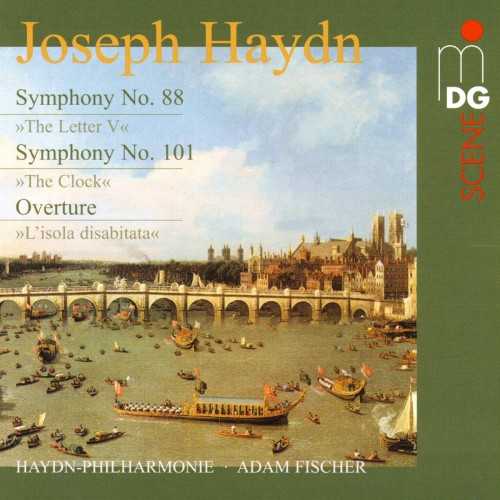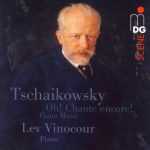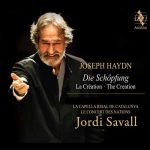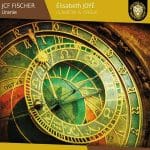
Composer: Joseph Haydn
Orchestra: Haydn Philharmonie
Conductor: Adam Fischer
Audio CD
Number of Discs: 1
Format: FLAC (tracks)
Label: MDG
Size: 800 MB
Recovery: +3%
Scan: yes
01. Symphony Hob. 1: 88 “The Letter V” in G Major: Adagio – Allegro
02. Symphony Hob. 1: 88 “The Letter V” in G Major: Largo
03. Symphony Hob. 1: 88 “The Letter V” in G Major: Menuetto. Allegretto – Trio
04. Symphony Hob. 1: 88 “The Letter V” in G Major: Finale. Allegro con spirito
05. Overture “L’isola disabitata” Hob. XXVIII:9: Largo – Vivace assai
06. Symphony Hob. 1: 101 “The Clock” in D minor: Adagio – Presto
07. Symphony Hob. 1: 101 “The Clock” in D minor: Andante
08. Symphony Hob. 1: 101 “The Clock” in D minor: Menuet. Allegretto – Trio
09. Symphony Hob. 1: 101 “The Clock” in D minor: Finale. Vivace
Big Beat
The premiere was celebrated with a big beat of a drum: “An irresistibly exuberant Haydn. Now what has gotten into those speakers!” (Pizzicato) And the immediate response came in the form of the Echo Classics prize for the Surround Recording of the Year. On Vol. 2 the Haydn Philharmonic under its founder Adam Fischer continues its success story with the Symphonies Nos. 88 and 101 and the Overture to the Opera L’isola disabitata.Fiery Fortune
Although the prince’s music theatre in Esterháza was destroyed by fire a few weeks prior to the first performance of the opera, the music was saved and with it the premiere. The original has been preserved until the present day in the famous Haydn Hall in Eisenstadt, a baroque ballroom with a magnificent marble floor that Haydn wanted to replace with a simple wooden floor. His wish was the prince’s command, and the present recording does splendid justice to the remarkable acoustics.Personal Persuasion
The Austrian composer created quite a stir when he conducted the performance of his symphonies in person at Salomon’s Concerts. This task normally would have fallen to the concertmaster Johann Peter Salomon, who had urged Haydn to make the trip to London. Even the British press conceded that Haydn’s conducting contributed significantly to the success of the concert series.Symphonic Surprises
Joseph Haydn repeatedly surprised his public with inimitable jokes. In Symphony No. 88, by way of exception, he does not have the timpani and trombones appear until the Largo second movement. His contemporaries could hardly believe their ears because at the time such “military instruments” were strictly forbidden in slow movements. In the slow movement of Symphony No. 101 an accompaniment motif like a pendulum delights the listener (so much so that the work came to be known as “The Clock”). And, finally, a sharp dissonance startles weary souls out of their sleep: this too is a surprise symphony.



